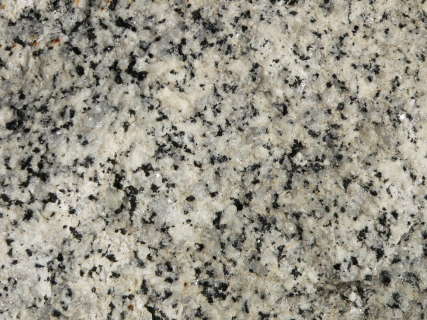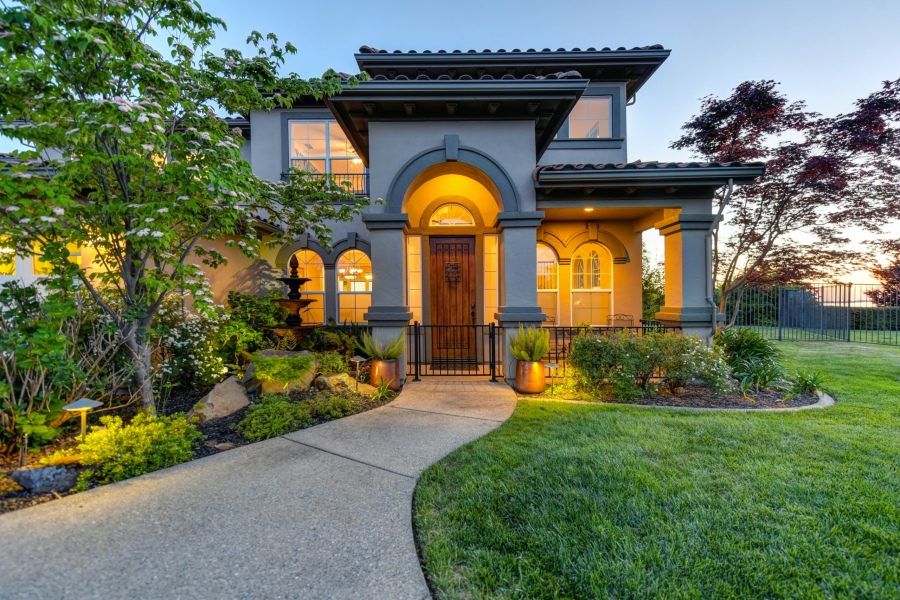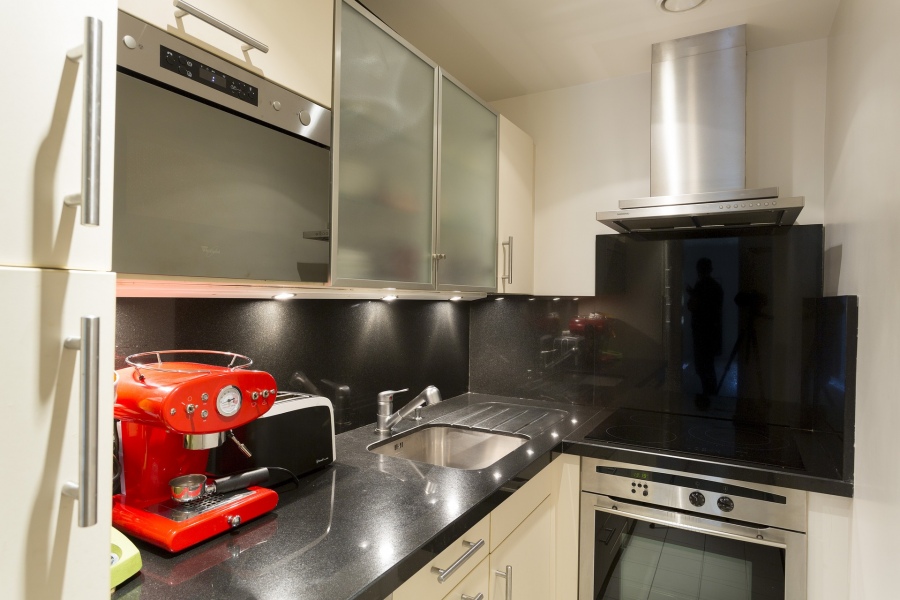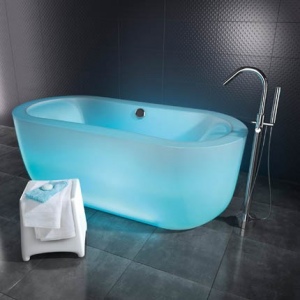Stone worktops are a great choice for any kitchen. Durable, good looking and timeless, they’ll complete and showcase any design to its best advantage. The only question is what one to go for? Marble, quartz and granite may seem similar to the untrained eye but they all have their own very distinct advantages and disadvantages. So to help you decide, we’ve put together the pros and cons of each type of worktop so that you can then compare them and make an informed choice. Ready?
Marble
First up under the microscope is marble. When you think of marble, you think of elegant statues and ancient architecture – and that’s because marble is completely timeless. People have loved marble for its brilliant whiteness and ability to retain a cool temperature (perfect for you pastry chefs out there!) for thousands of years. It is also considerably cheaper than granite and quartz. The cons? Well, marble is naturally more porous than the other stone worktops, so it is more likely to stain over the years. It’s softer too, so you’ll see some stretches and nicks appear after they’ve been subjected to everyday use for a while.
Quartz
Our second stone worktop of choice is quartz. Quartz worktops are man-made, which has a few distinct advantages. The first is that you’re going to be able to choose from a far bigger range of colour than if you were choosing from a natural stone. You also get a great depth and luminosity from quartz that you won’t from marble. It’s pretty resistant to scrapes and scratches, and it’s relatively low maintenance when it comes to cleaning – again, unlike marble. The cons are that it can be more expensive than our other two choices and it is less resistant to heat, meaning that you may have to be careful where you put your hot plates and pans.
Granite
The final stone worktop on our list is granite. Now, granite is often described as the worktop of choice for kitchens, with many home-owners aspiring to have some of their own. It’s incredible attractive, with a lot of natural luminosity that sets it apart from competitors. When it comes to heat, granite is largely indestructible, being able to withstand the hottest pans straight from the stove-top. It’s also easy to maintain too, only requiring a wipe with some warm water and a gentle detergent. The drawbacks are that granite can shatter if struck with a heavy object like a hammer, and it weighs a lot. This heaviness means that installation is labour intensive and therefore a little more expensive, and it will sometimes need additional support, which can interfere with the design of your kitchen.
Make the Right choice for your kitchen
Hopefully the above point will help you to compare and decide on which worktop is best suited to you and your home. Stone worktops deliver the durability and stunning good looks that wooden and laminate ones don’t – and they never go out of fashion. So whatever choice you make, you can be safe in the knowledge that stone is the only way to go!
Matt Morley is the Director for the leading stonemasons in Essex – Medusa Stone. Based in Basildon, Medusa Stones makes and fits stone kitchen worktops.





